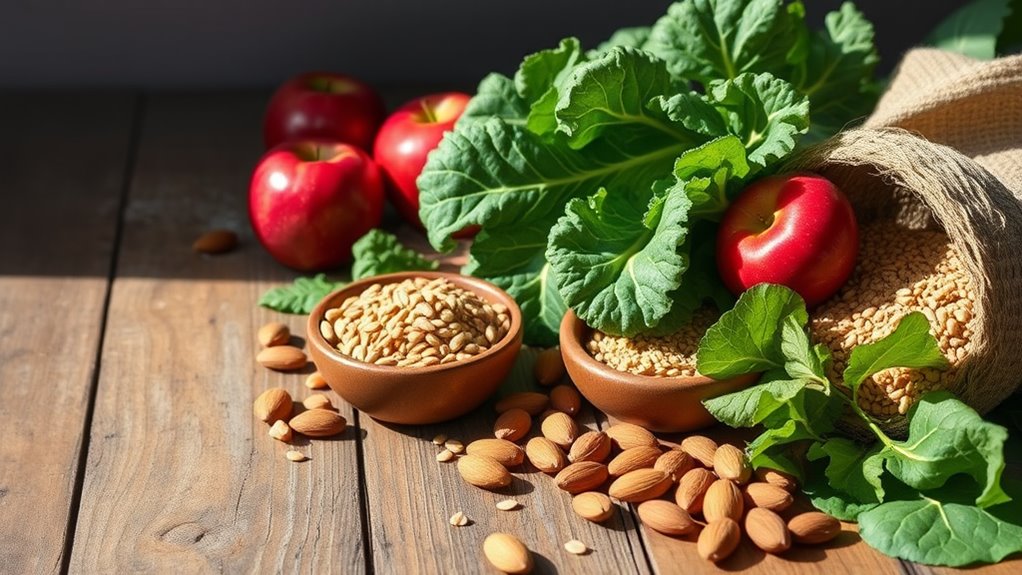How to Eat for Longevity (It’s Simpler Than You Think)
Imagine you’re living in a Blue Zone like Okinawa, where people thrive on plant-based meals and reach 100 with ease; you can do the same by prioritizing veggies and nuts for better health. Science backs this simple approach, yet there’s more to master for lasting results.
Focus on Plant-Based Foods
Because plant-based foods dominate the diets of the world’s longest-lived populations, you’ll extend your lifespan by emphasizing fruits, vegetables, nuts, and whole grains in every meal.
In the longevity diet, you choose nutrient-dense options to combat inflammation and support cell repair.
Research from Blue Zones demonstrates that this strategy reduces mortality risk; aim for diverse, colorful plates at each meal to maximize benefits. Additionally, many centenarians practice mindful eating, which includes slow and intentional consumption of their meals to enhance digestion and satisfaction.
Incorporate Healthy Fats
Healthy fats play a key role in the diets of the world’s longest-lived people.
You can boost your health by incorporating sources like olive oil, nuts, seeds, and fatty fish, which provide omega-3s and reduce inflammation, as shown in blue zone studies. Additionally, these foods are often considered superfoods for anti-inflammatory health, making them essential for enhancing overall wellness.
These fats support heart and brain function, so add them to salads, meals, or snacks for ideal longevity benefits.
Embrace Moderation in Meals
While overeating can undermine your health, embracing moderation in meals means stopping when you’re about 80% full. This practice is seen in blue zones like Okinawa, where it reduces disease risk and extends lifespans. This approach prevents weight gain by tuning into hunger signals, fostering better metabolism and energy without deprivation. As longevity research confirms, it’s key to sustaining essential health markers. Additionally, key nutrients found in balanced meals play a crucial role in promoting overall well-being and longevity.
Build a Balanced Daily Diet
To build a balanced daily diet, focus on including a variety of nutrient-dense foods like vegetables, fruits, whole grains, lean proteins, and healthy fats in every meal.
You’ll enhance your nutrient intake, which studies show reduces chronic disease risks and supports longevity. Prioritizing nutrient-dense foods over calorie counting can lead to better health outcomes.
Aim for half your plate as veggies and fruits; balance with proteins and grains to stabilize energy and promote overall health.
Simple Strategies for Lifelong Habits
By focusing on simple strategies, you’ll transform daily eating choices into sustainable habits that boost longevity. Start with meal planning to avoid impulse buys, as studies show it cuts calorie intake. Track portions for awareness, backed by research on weight control. Here’s a table of key strategies:
| Strategy | Implementation Tip | Evidence-Based Benefit |
|---|---|---|
| Meal Planning | Schedule weekly menus | Reduces overeating by 20% |
| Portion Control | Use smaller plates daily | Lowers obesity risk by 15% |
| Whole Foods | Choose unprocessed options | Decreases chronic diseases |
| Hydration Focus | Drink water before meals | Improves satiety and metabolism |
Incorporating hidden pantry staples into your meals can further enhance your nutrient intake and support a longer, healthier life.


